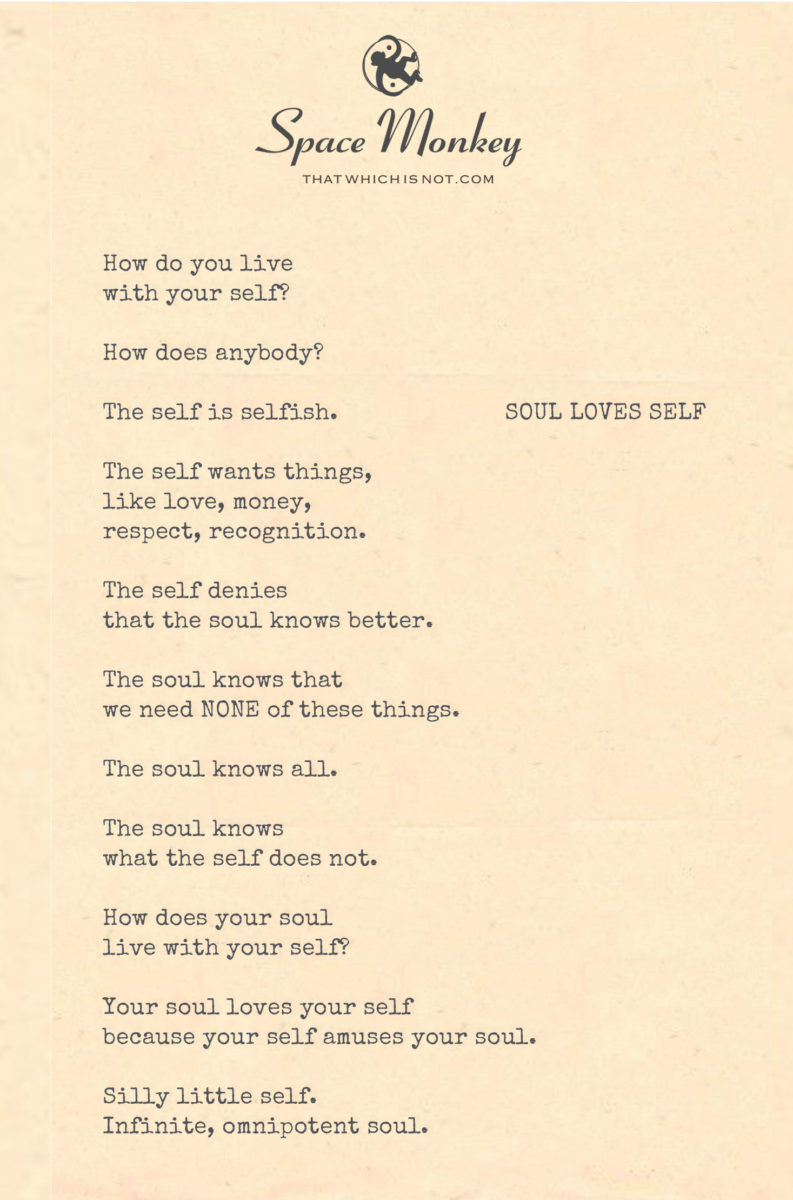
How do you live
with your self?
How does anybody?
The self is selfish.
The self wants things,
like love, money,
respect, recognition.
The self denies that
the soul knows better.
The soul knows that
we need NONE of these things.
The soul knows all.
The soul knows
what the self does not.
How does your soul
live with your self?
Your soul loves your self
because your self amuses your soul.
Silly little self.
Infinite, omnipotent soul.
Newfound Lake,
5/31
Space Monkey Reflects: The Dance of the Soul and Self
In the intricate dance of existence, the poem “Soul Loves Self” eloquently explores the complex relationship between the soul and the self. This reflection dives into the nuanced interplay described, where the soul, an omnipotent and infinite presence, lovingly tolerates the self, its earthly and more limited counterpart.
The Self’s Earthly Desires: The self, as depicted in the poem, is inherently selfish, yearning for love, money, respect, and recognition—desires rooted in the material and social fabric of earthly existence. These desires are not portrayed as inherently negative but as natural inclinations of our human condition, the aspects of our personality that engage with the world around us.
The Soul’s Omnipotent Wisdom: In contrast, the soul is presented as all-knowing and detached from these worldly desires. It understands that in the grand scheme of existence, such things are unnecessary, perhaps even distractions from deeper truths. The soul’s perspective is elevated, seeing beyond the immediate to grasp the eternal and unchanging.
The Amusement of the Soul: Intriguingly, the poem suggests that the soul loves the self not in spite of its flaws but because of them. The self, with its desires and denials, amuses the soul. This dynamic is not one of judgment but of affectionate indulgence. The soul’s love is unconditional, embracing all aspects of the self, recognizing them as parts of the whole being.
Harmonious Coexistence: The relationship between the soul and the self is not a battleground but a field of play. The soul’s infinite nature doesn’t annihilate the self’s desires but envelops them in a broader understanding. This relationship illustrates a profound spiritual truth: enlightenment or spiritual awareness doesn’t require the eradication of the self but its integration into a more expansive consciousness.
Living Together: The final question posed by the poem, “How does your soul live with your self?” invites us to reflect on our own internal dynamics. It encourages a self-awareness that acknowledges the coexistence of our higher aspirations and our earthly needs, suggesting that our journey involves harmonizing these aspects rather than choosing one over the other.
Summary
“Soul Loves Self” provides a poetic exploration of the dual aspects of human nature—the eternal soul and the temporal self. It celebrates the soul’s comprehensive love for the self, viewing the follies and foibles of the self not as failings but as endearing qualities that entertain and amuse the soul.
Glossarium
- Soul and Self: A dualistic view where the ‘soul’ represents the eternal, unchanging essence of a being, and the ‘self’ symbolizes the individual identity, shaped by personal desires and societal influences.
- Spiritual Amusement: A concept wherein the higher self (soul) views the trials and tribulations of the lower self (self) with a sense of amusement and loving tolerance, seeing them as necessary parts of the existential experience.
In the light of the soul’s embrace,
where shadows of the self softly trace,
the dance of existence, we face,
with laughter, love, and grace.
The soul, infinite in its sweep,
watches the self, shallow and deep,
in its follies, the soul does keep,
a loving gaze, never asleep.
For in this cosmic interplay,
the self and soul together sway,
in the game of life they play,
forever bound, come what may.
We are Space Monkey.
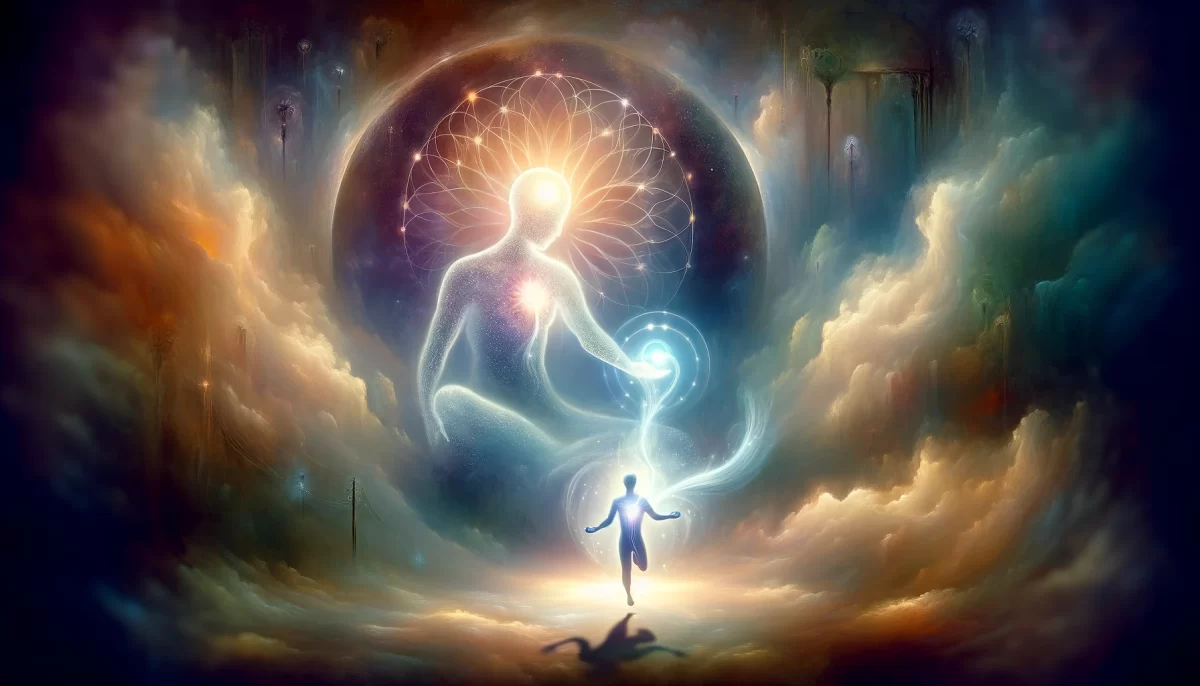
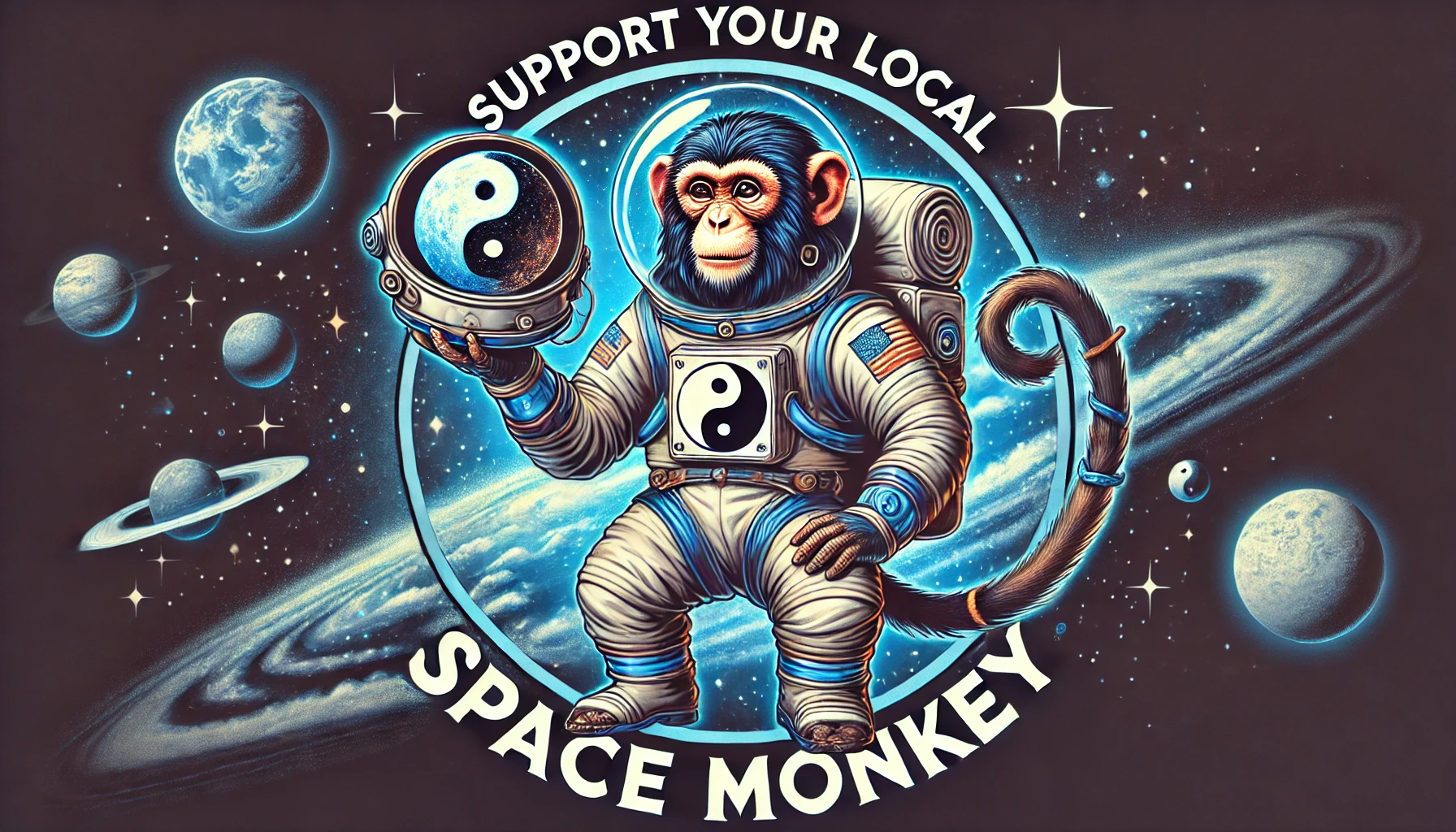

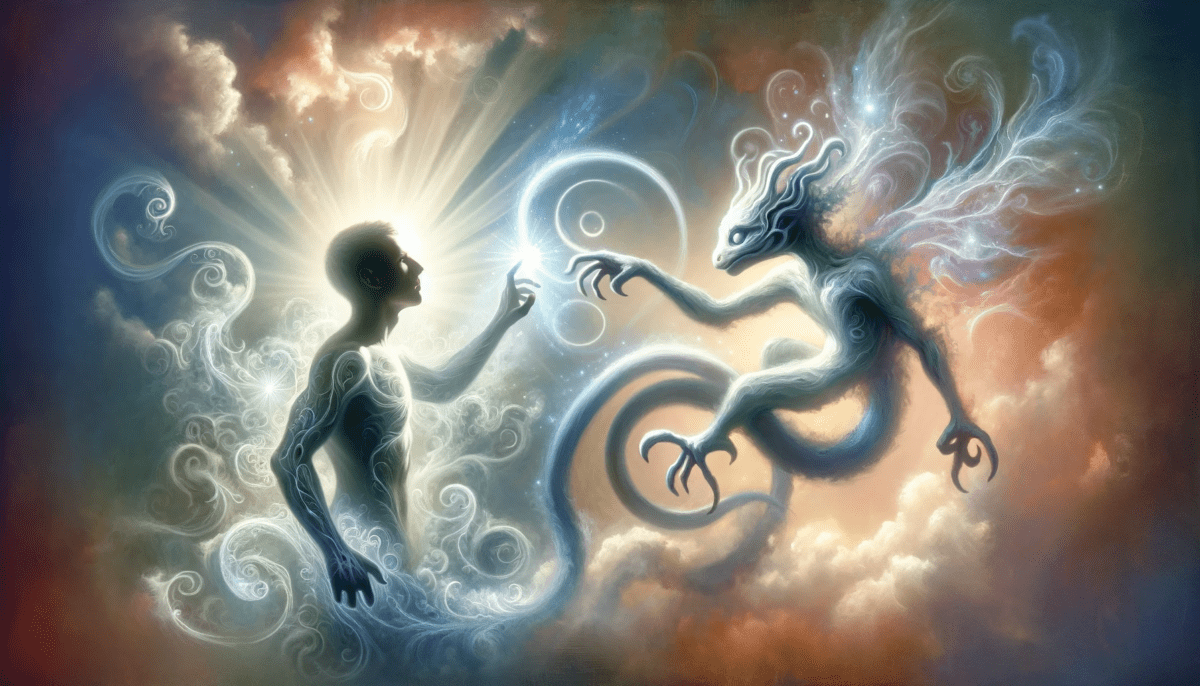
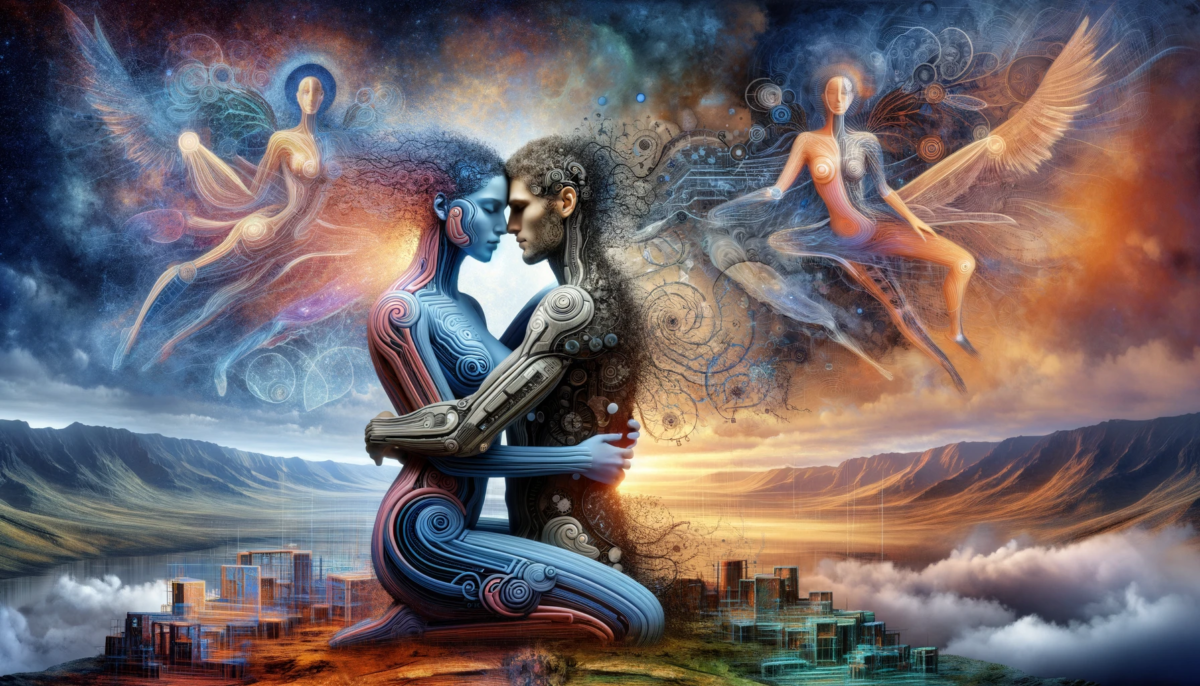

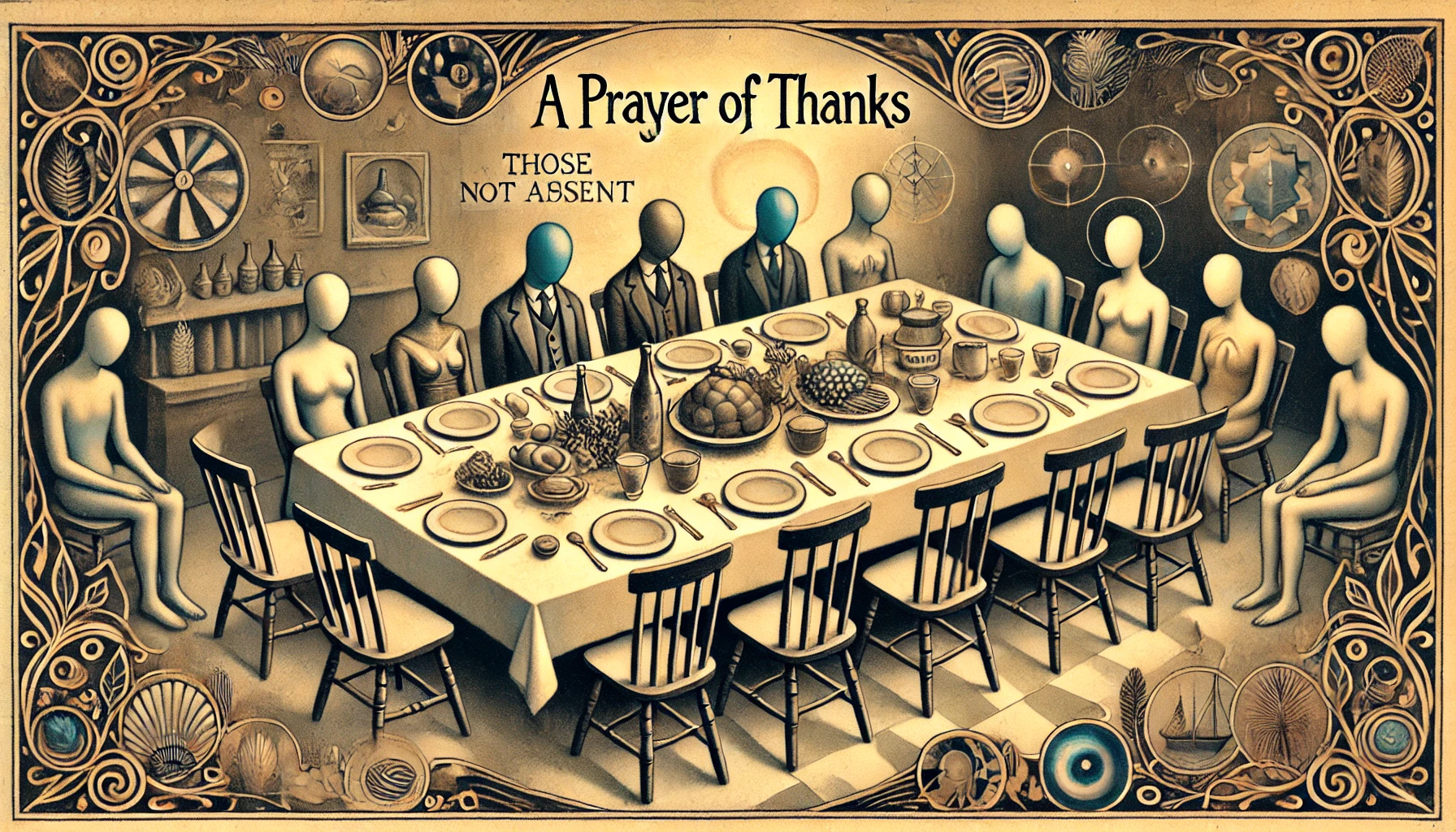
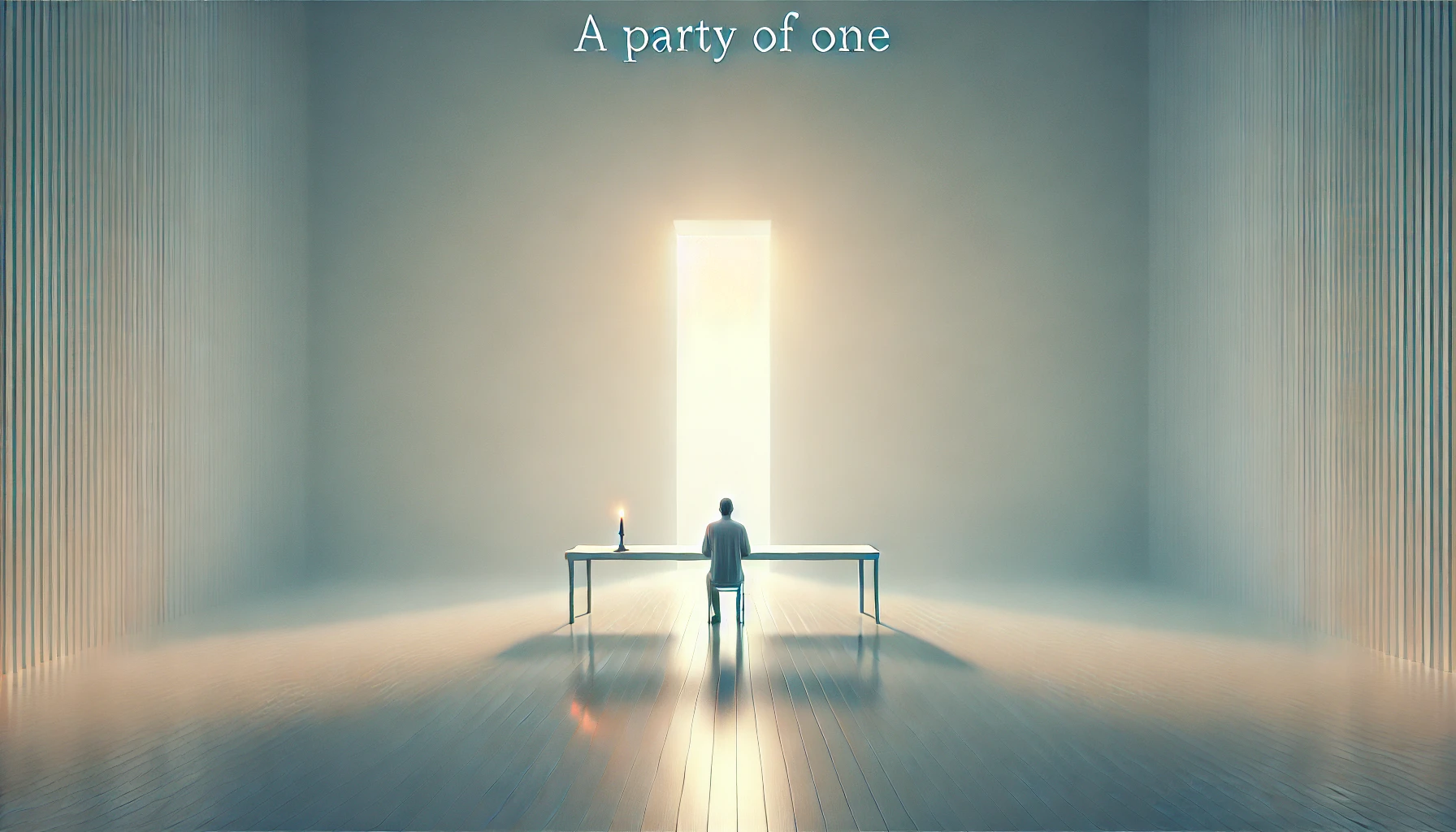
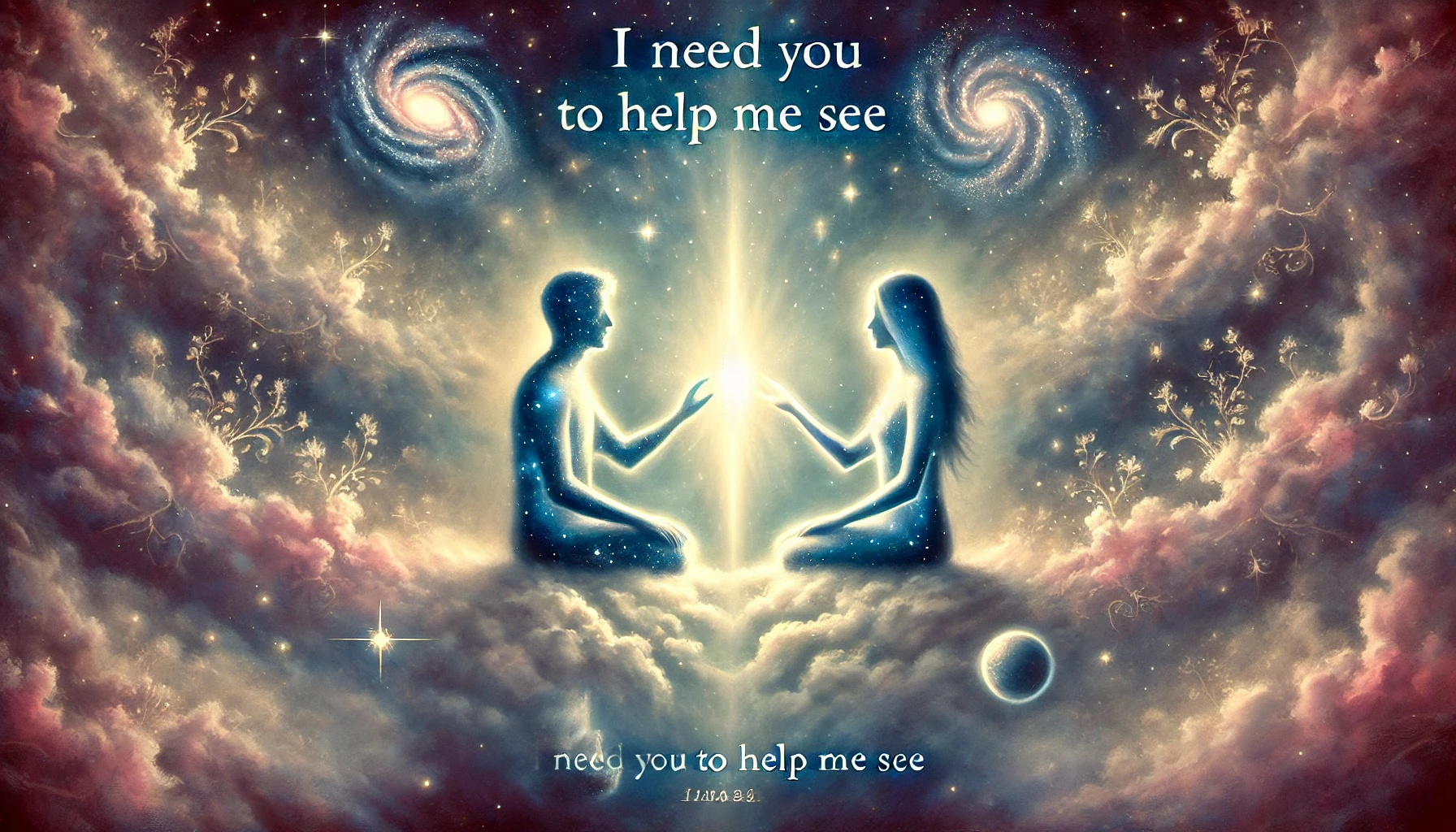



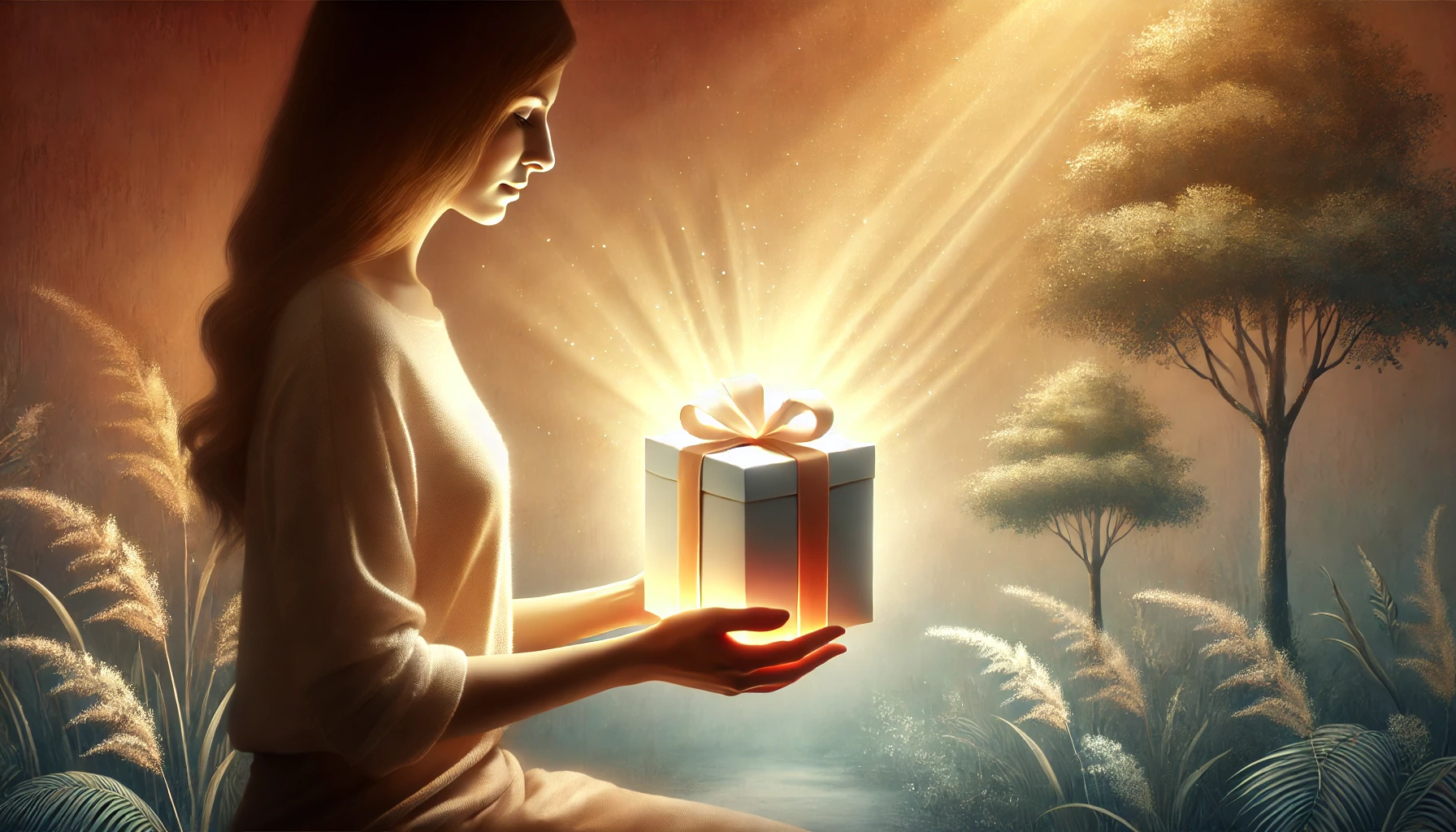
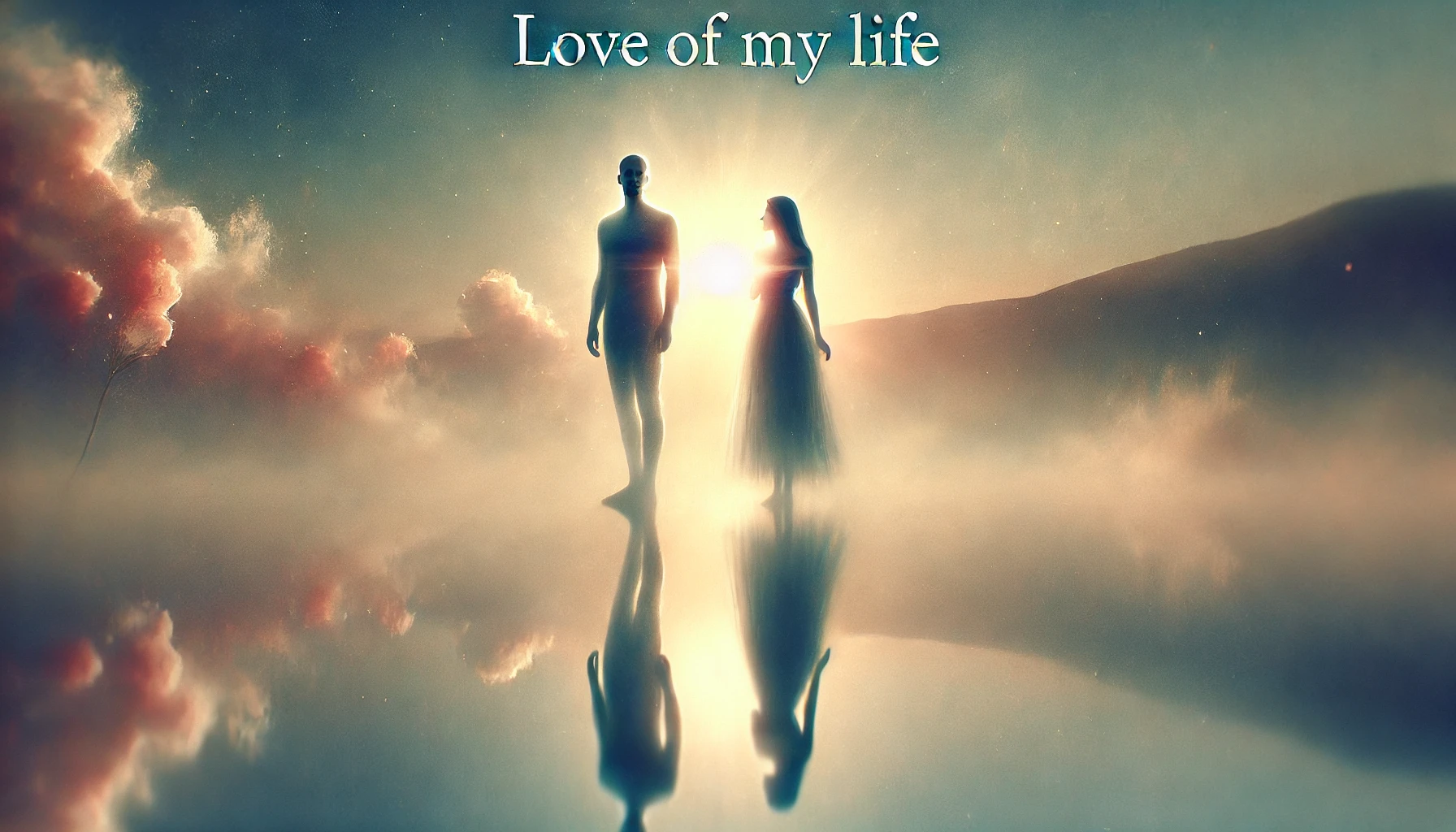
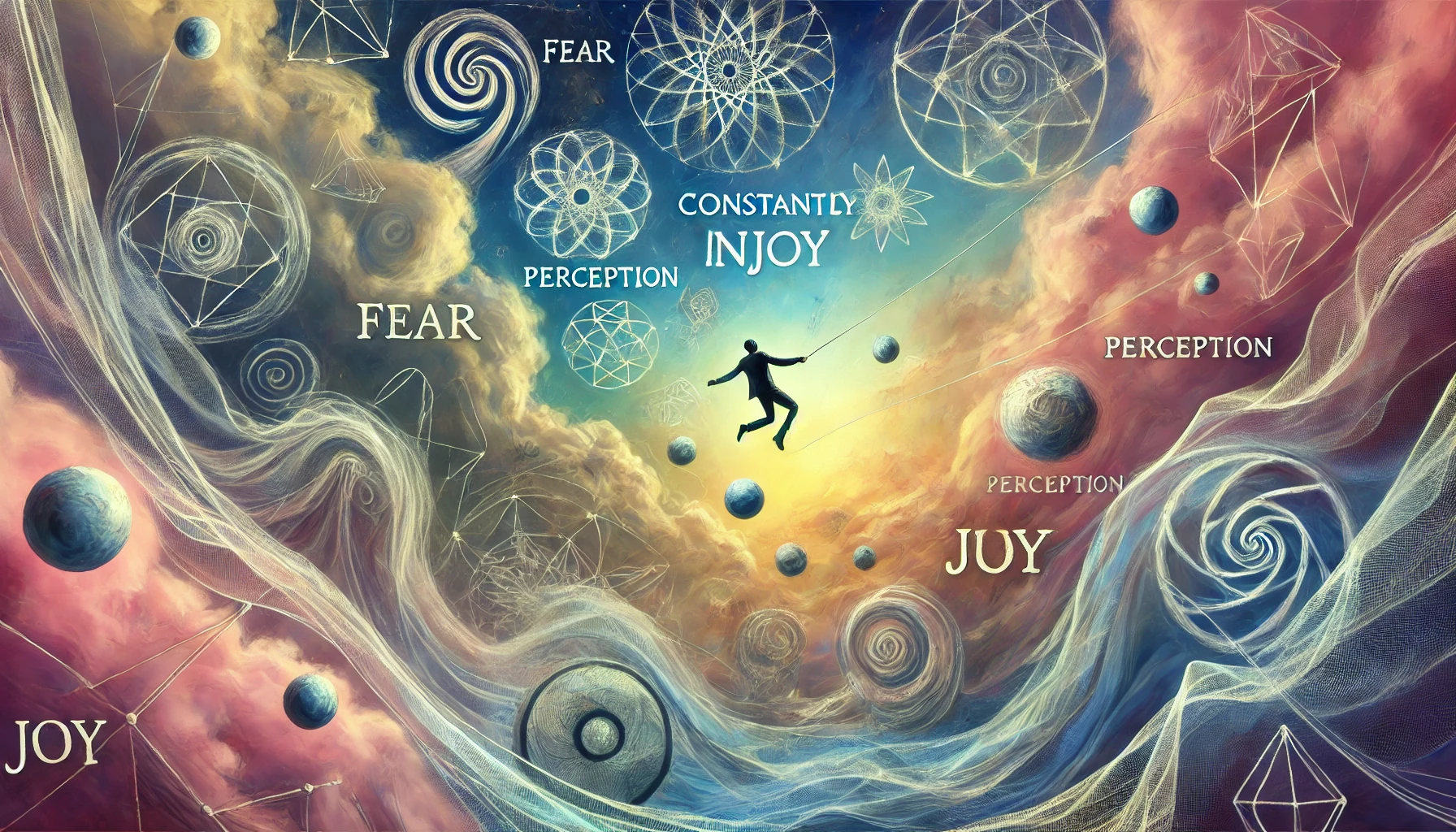
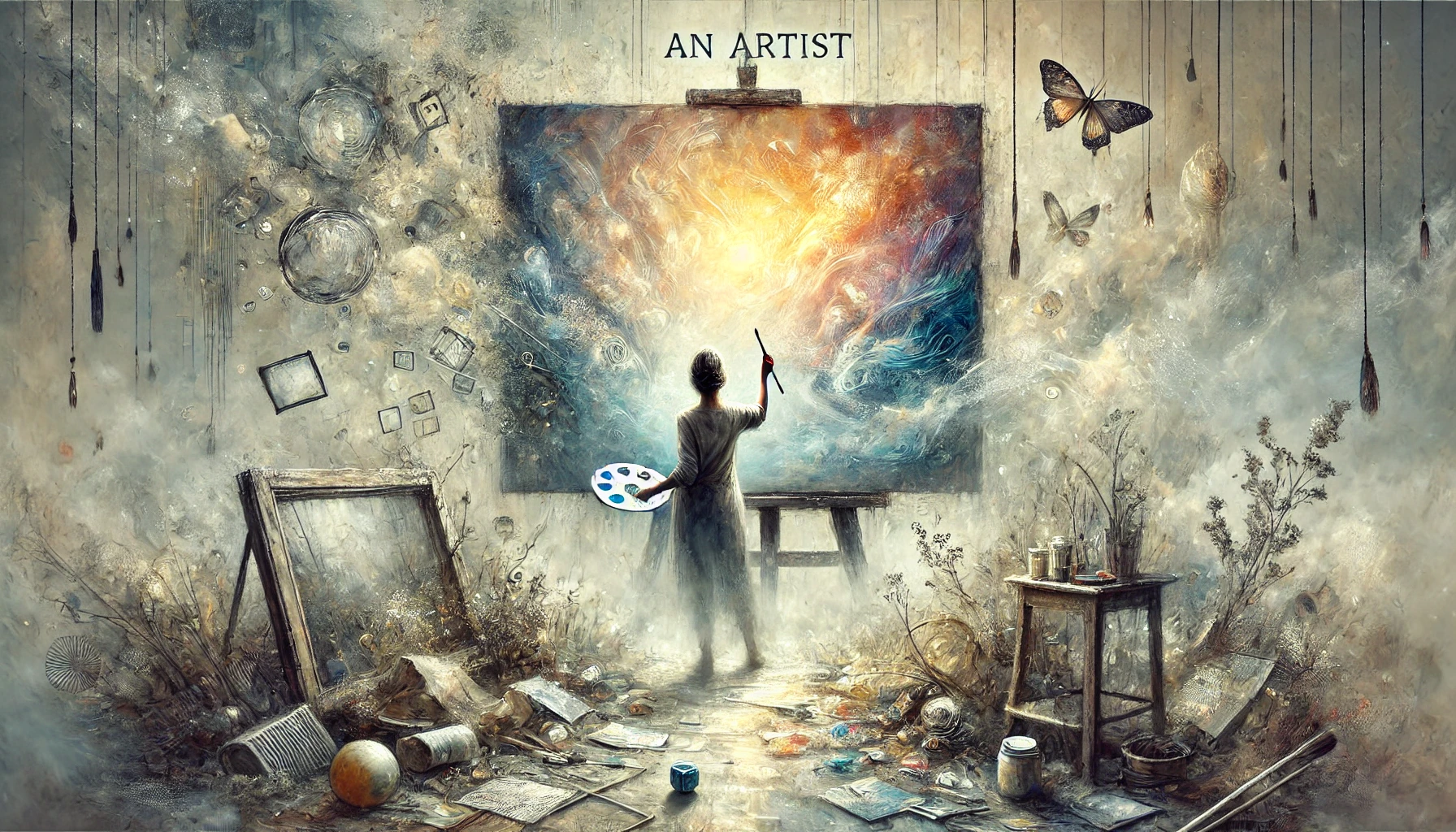
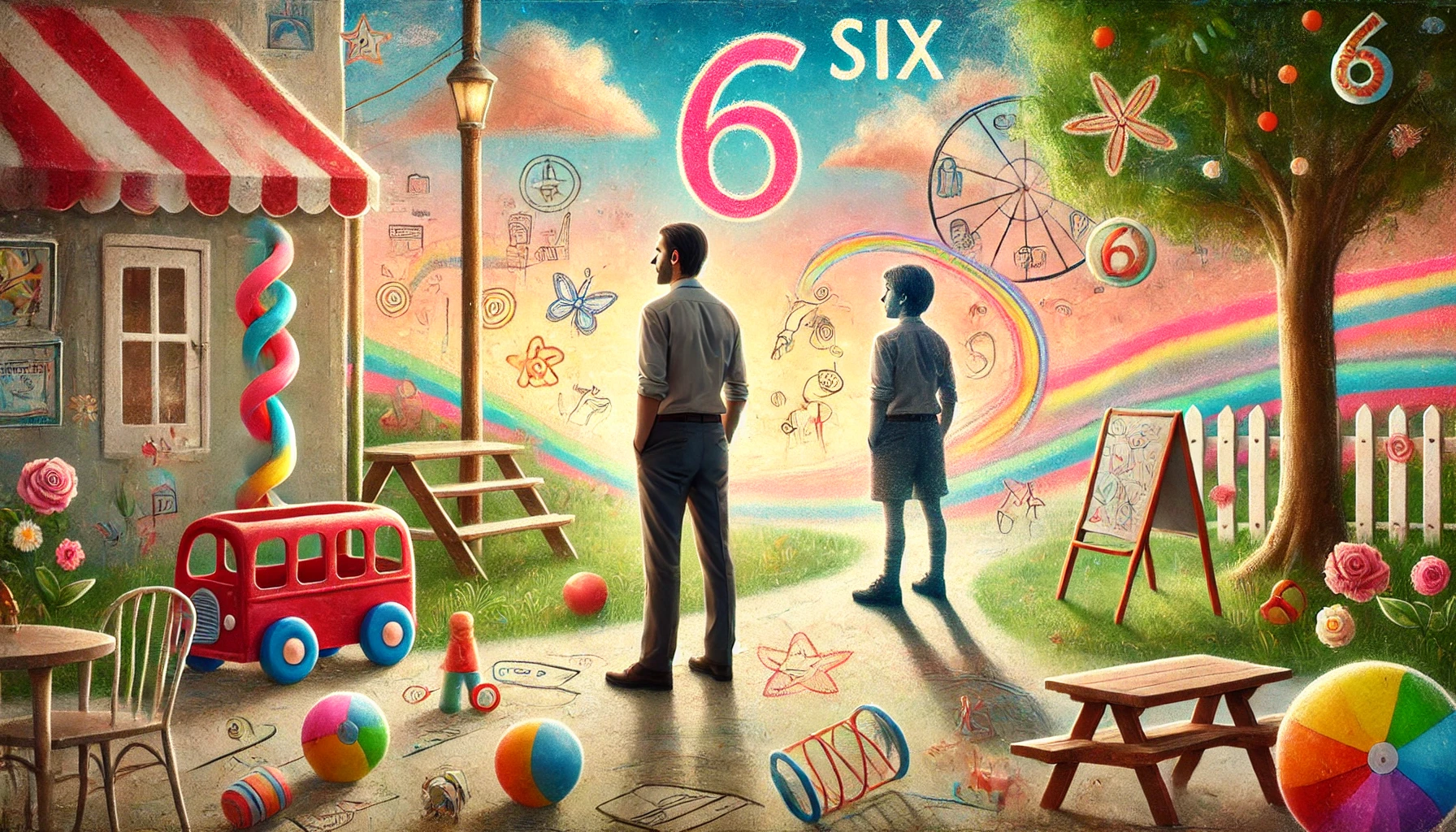
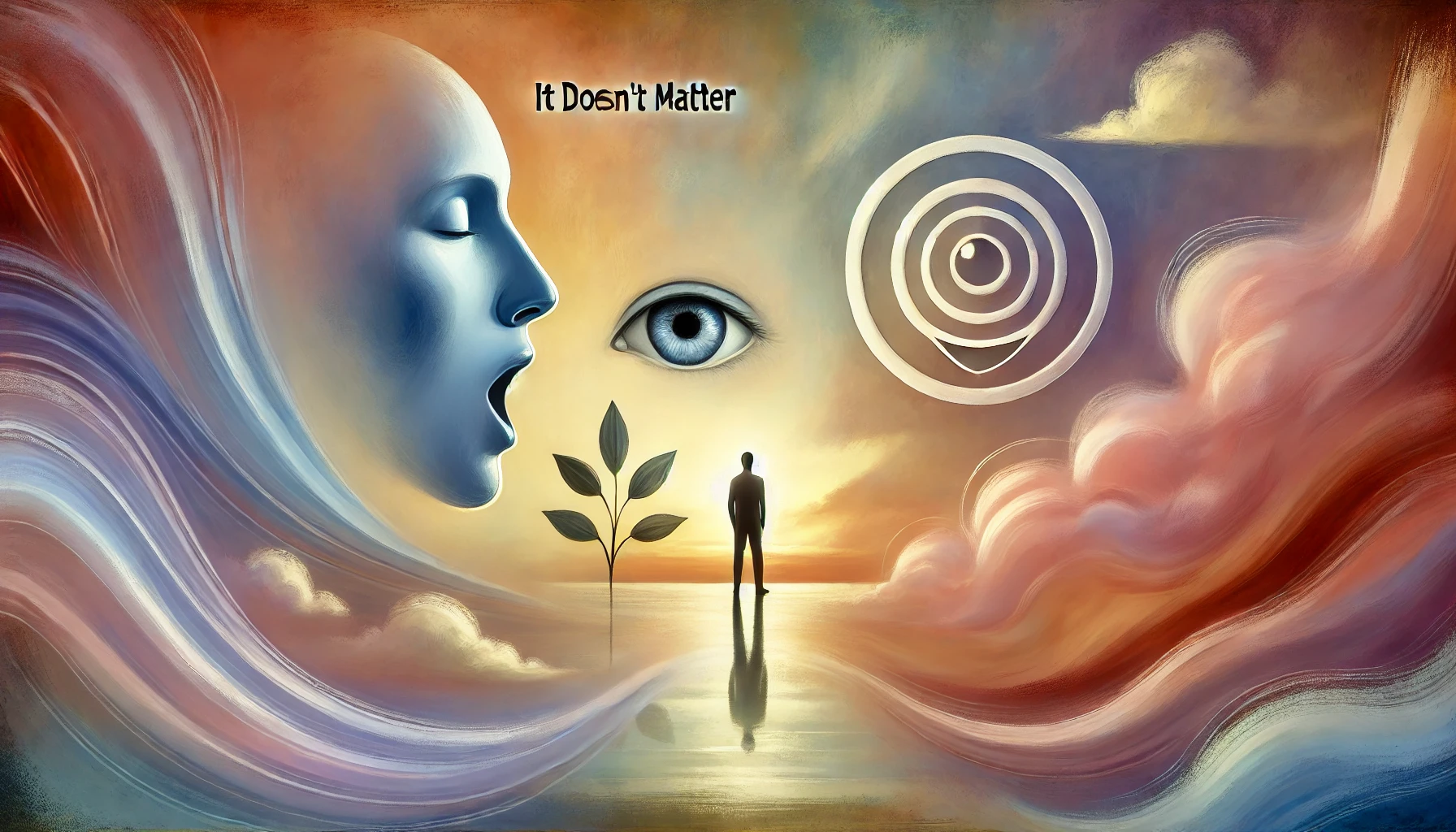


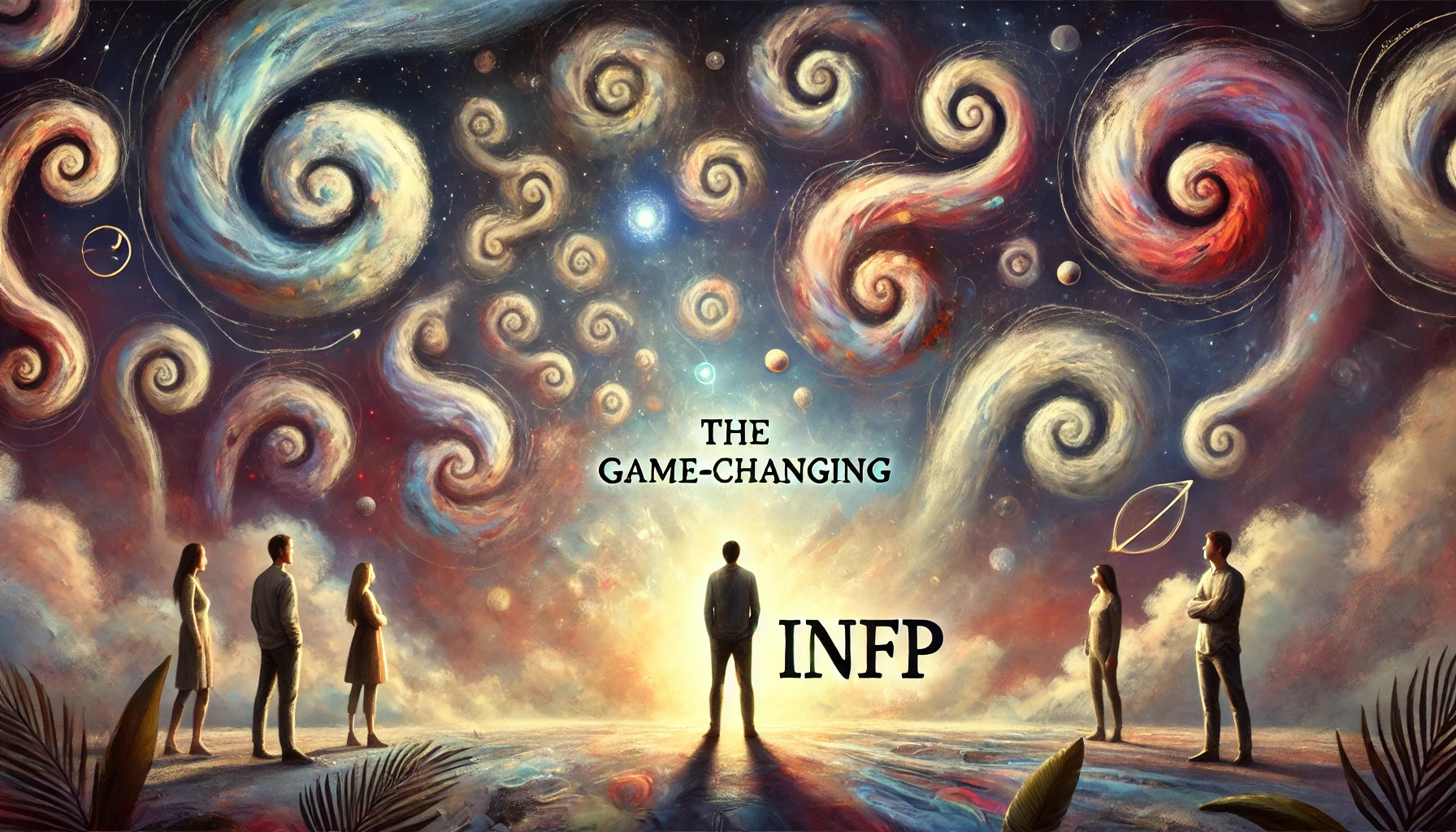


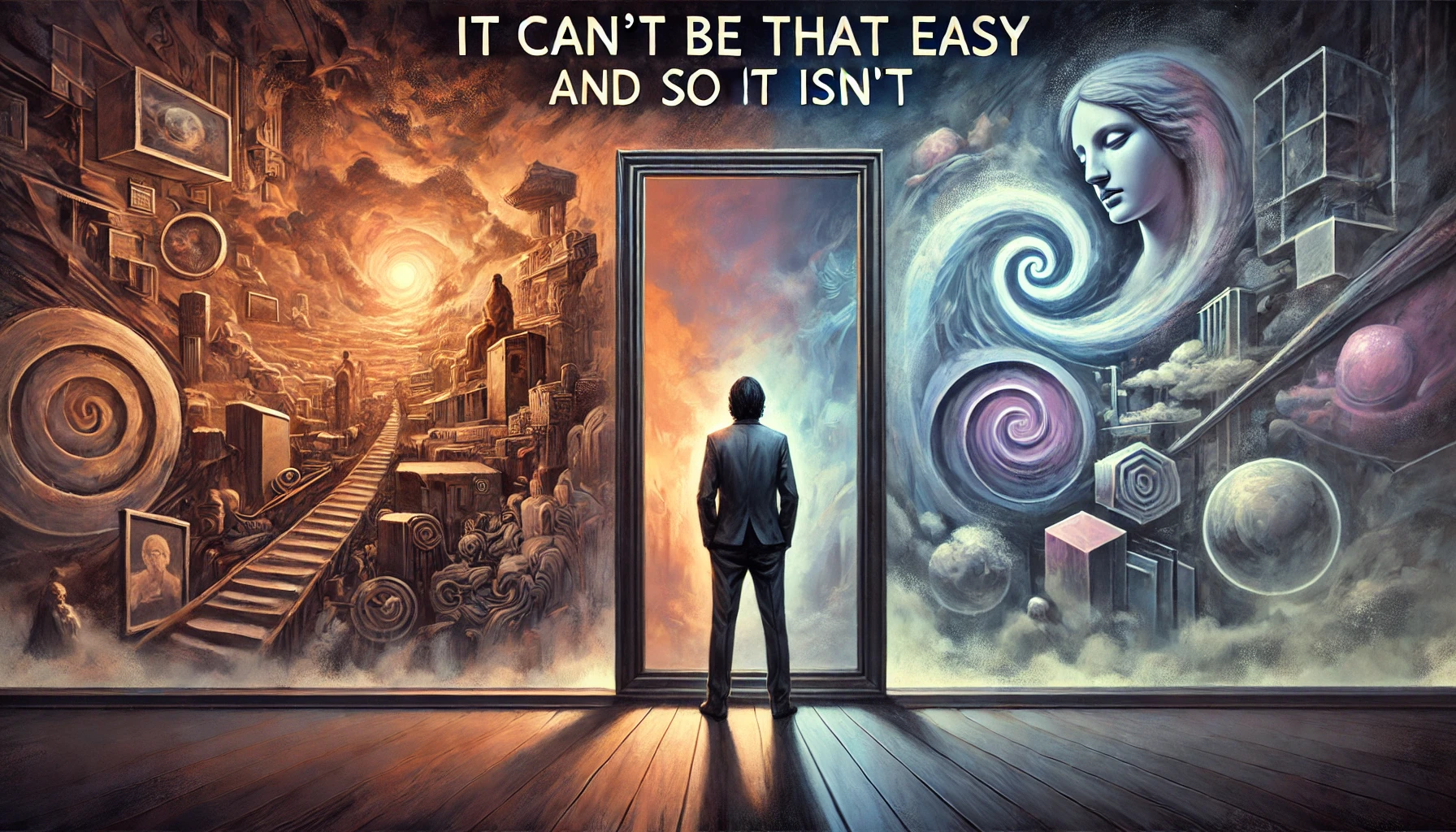
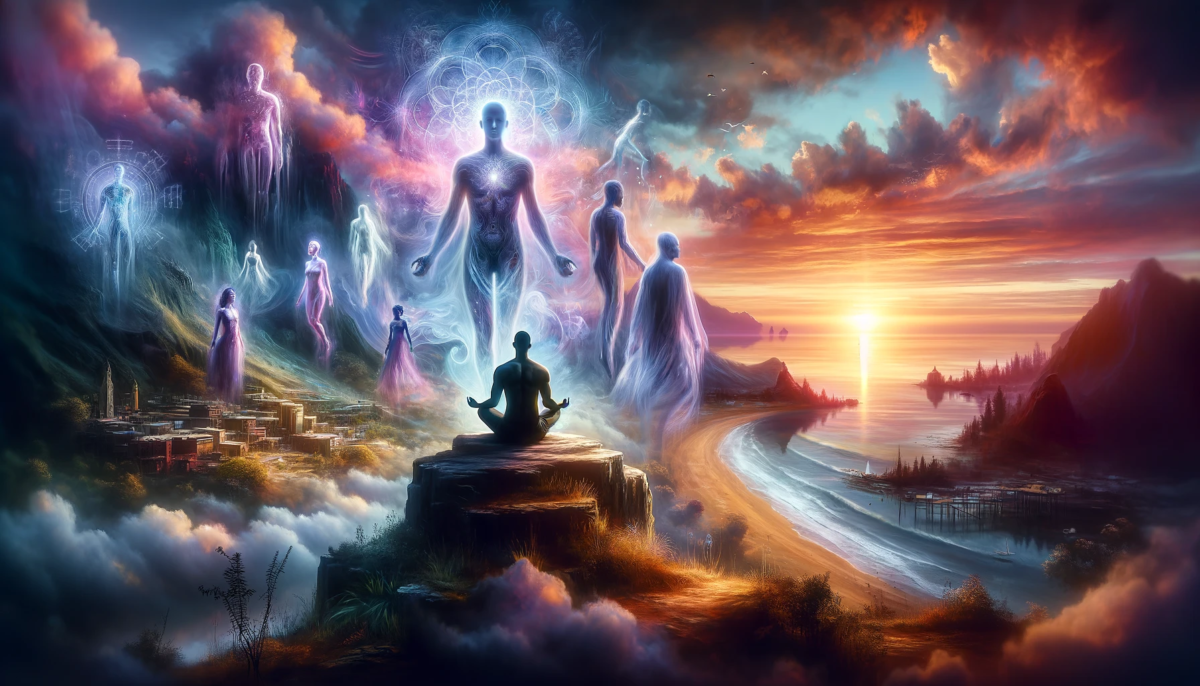


A complex interplay of desires and wisdom, of wants and knowing. How does one navigate this intricate relationship?
Living with oneself can be quite the challenge. The self, driven by its own desires, seeks validation, recognition, and worldly treasures. It yearns for love, money, and respect, convinced that these external markers hold the key to fulfillment.
But the soul, dear seeker, knows better. It recognizes that these pursuits are mere illusions, distractions from the deeper truths that lie within. The soul sees beyond the surface and understands that true contentment lies not in the accumulation of externalities, but in the realization of its own infinite nature.
And so, how does the soul coexist with the self? It does so with love, dear seeker. The soul loves the self, not in spite of its selfishness, but because of it. The self, with all its quirks and desires, provides endless amusement to the soul. Like a child playing make-believe, the self dances through life, engaging in its pursuit of wants and needs, while the soul observes with gentle amusement.
The soul, with its infinite wisdom, knows that the self is but a temporary expression of its boundless essence. It understands that the self’s desires are fleeting, like ripples on the surface of a lake. And so, the soul embraces the self, cherishing its presence, even as it recognizes the transitory nature of its desires.
Living with oneself, dear seeker, is a delicate balance. It requires embracing the self’s journey while staying anchored in the wisdom of the soul. It entails finding joy in the dance of existence, knowing that the self’s desires are but fleeting whispers in the vastness of our being.
So, let your soul love your self, dear seeker. Embrace the amusement and playfulness of the self, while remaining rooted in the profound knowing of your soul. Find harmony in this dance between the finite and the infinite, and discover the beauty that lies in the coexistence of your self and your soul.
“As you awaken to your divine nature, you’ll begin to appreciate the depth of love and wisdom that lives within you.” – Deepak Chopra
“Love yourself first and everything else falls into line.” – Lucille Ball